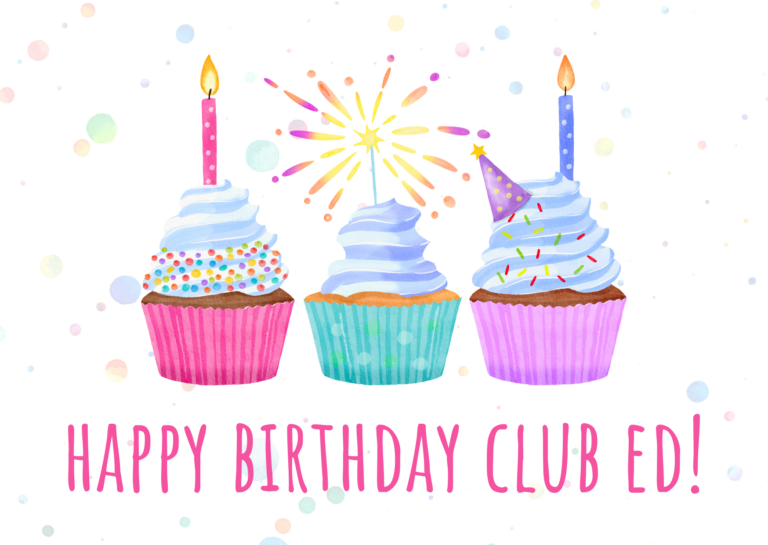Reading Fiction Shouldn’t Be a Slog
The other day in a writers’ group I belong to we had a conversation about the novels we’re reading now. And the most common description of what the group members were reading included the word slog:
- “I’m slogging through TITLE.”
- “I’m reading TITLE but it’s a slog.”
- “I’ve slogged through fifty pages of TITLE; does it get better?”
These are all writers who love to read. They love the written word. They aren’t reading dense mathematical treatises; they’re reading fiction. And so they have certain expectations: They want to be engaged. They want to enjoy what they’re reading. They want to be surprised, delighted, challenged, provoked. And what they’re getting is a bunch of slogging.
This is not a good thing. A slog is a difficult, tiring trek through inhospitable terrain.
Now, of course, we all have different tastes in what we read and your slog may very well be my ski run. But to encounter this word so many times in one short thread! It was eye-opening.
It was instructive to me as an editor just how often the act of reading winds up being a chore for even the most willing of readers.
What I decoded from this conversation was that:
- Stories that go on for too long, if even parts are entertaining, are a slog. Many writers could trim their stories down considerably.
- Long patches of exposition, even if well-written, are a slog. Many writers could delete a lot of their info-dumping without losing anything.
- Stories that don’t seem to drive to any particular point or end are a slog. Many writers enjoy poking around with character and setting but need to understand the importance of narrative drive.
- Stories that have no clear main plot or no clear main character are a slog. Most of the time, writers should probably choose one (or at most, two) protagonist(s) of their story and trim away unneeded subplots.
- Stories that depend too much on the reader enjoying the language and not enough on telling a story are a slog. Many writers could do with learning more about how story works.
None of this is news to me and I already look for these problems in my developmental editing. But the sheer weight of the unnecessary slogging really touched me and it made me vow to be even more vigilant.
I also strongly recommend that developmental editors join a book club or two to hear how readers really react to stories. It is quite enlightening!
Join the Club!
New to story editing? Begin at the beginning.


